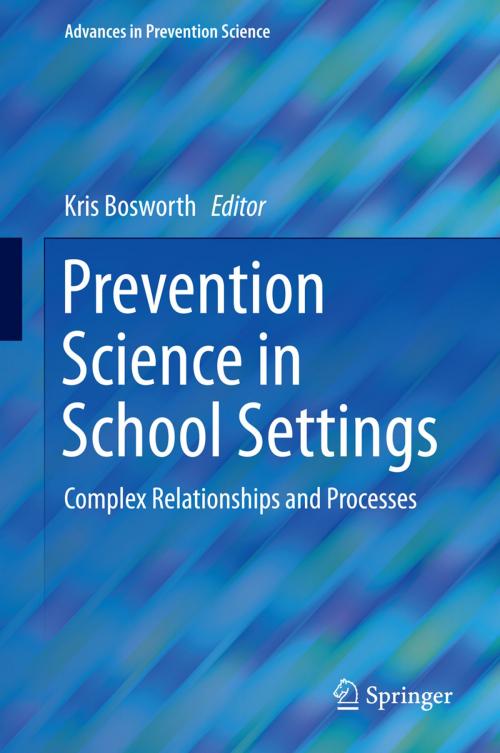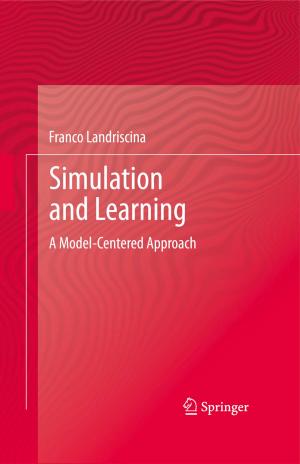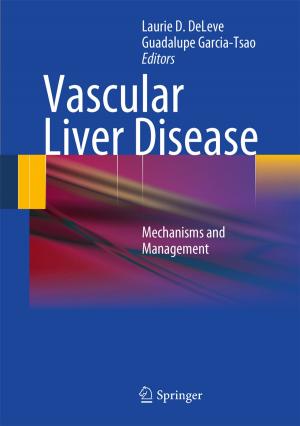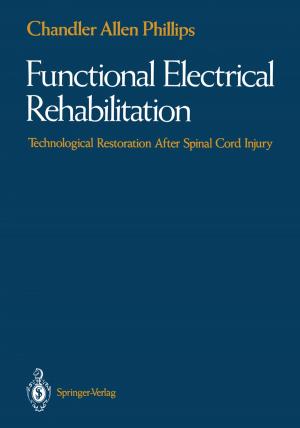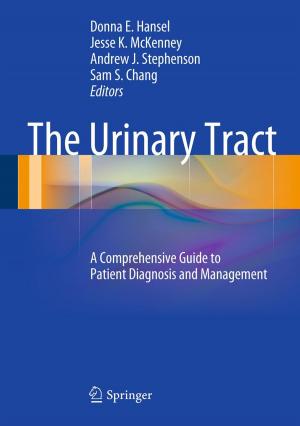Prevention Science in School Settings
Complex Relationships and Processes
Nonfiction, Health & Well Being, Medical, Specialties, Preventive Medicine, Psychology, Child & Adolescent, Child Development| Author: | ISBN: | 9781493931552 | |
| Publisher: | Springer New York | Publication: | November 24, 2015 |
| Imprint: | Springer | Language: | English |
| Author: | |
| ISBN: | 9781493931552 |
| Publisher: | Springer New York |
| Publication: | November 24, 2015 |
| Imprint: | Springer |
| Language: | English |
This straightforward volume makes a strong, practical, research-based case for integrating prevention programs into middle and high schools. Written by experts in prevention science and education, it examines educational goals and prevention of risky behaviors as parallel and complementary processes and provides evidence for health-promoting schools as a critical forum for student development. Chapters show the benefits of this collaboration, as instructors engage with prevention content, prevention scientists study schools and create interventions, and counselors develop and implement activities, resulting in improved academic, social, and health outcomes. Examples of successful prevention strategies address personal and public health issues as varied as substance abuse, dating violence, dropping out, and suicide.
Among the topics covered:
- Engaging school leaders in prevention
- Developing school-based prevention curricula
- Scaling up evidence-based prevention interventions and practices
- Conducting prevention research and evaluation in schools
- Promoting a positive school climate and culture
- Reducing disruptive behavior, violence, and bullying
Child and school psychologists, administrators, teachers, school counselors, and prevention specialists will find significant common ground in Prevention Science in School Settings. The breadth and depth of coverage point to new, multidisciplinary directions in health education, school climate/culture, and positive youth development.
This straightforward volume makes a strong, practical, research-based case for integrating prevention programs into middle and high schools. Written by experts in prevention science and education, it examines educational goals and prevention of risky behaviors as parallel and complementary processes and provides evidence for health-promoting schools as a critical forum for student development. Chapters show the benefits of this collaboration, as instructors engage with prevention content, prevention scientists study schools and create interventions, and counselors develop and implement activities, resulting in improved academic, social, and health outcomes. Examples of successful prevention strategies address personal and public health issues as varied as substance abuse, dating violence, dropping out, and suicide.
Among the topics covered:
- Engaging school leaders in prevention
- Developing school-based prevention curricula
- Scaling up evidence-based prevention interventions and practices
- Conducting prevention research and evaluation in schools
- Promoting a positive school climate and culture
- Reducing disruptive behavior, violence, and bullying
Child and school psychologists, administrators, teachers, school counselors, and prevention specialists will find significant common ground in Prevention Science in School Settings. The breadth and depth of coverage point to new, multidisciplinary directions in health education, school climate/culture, and positive youth development.
